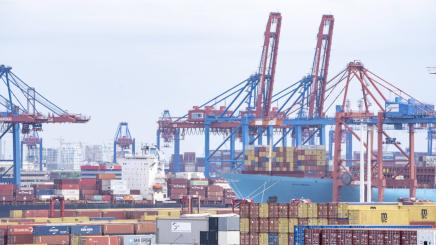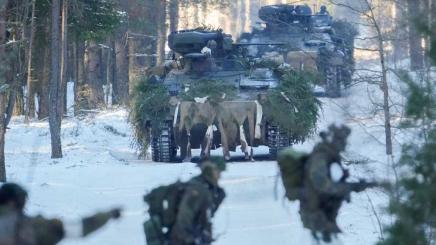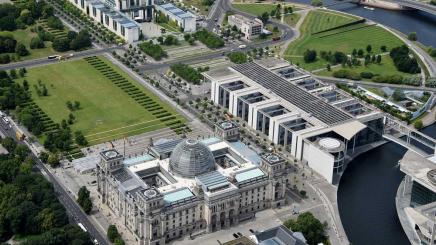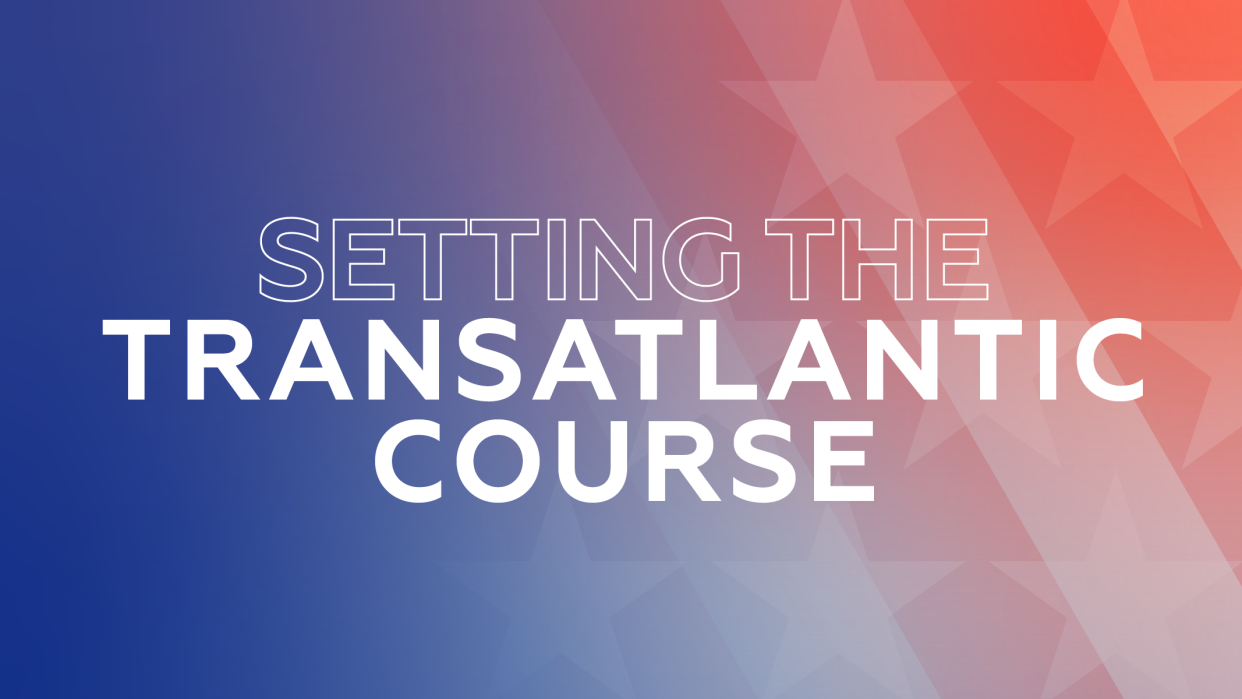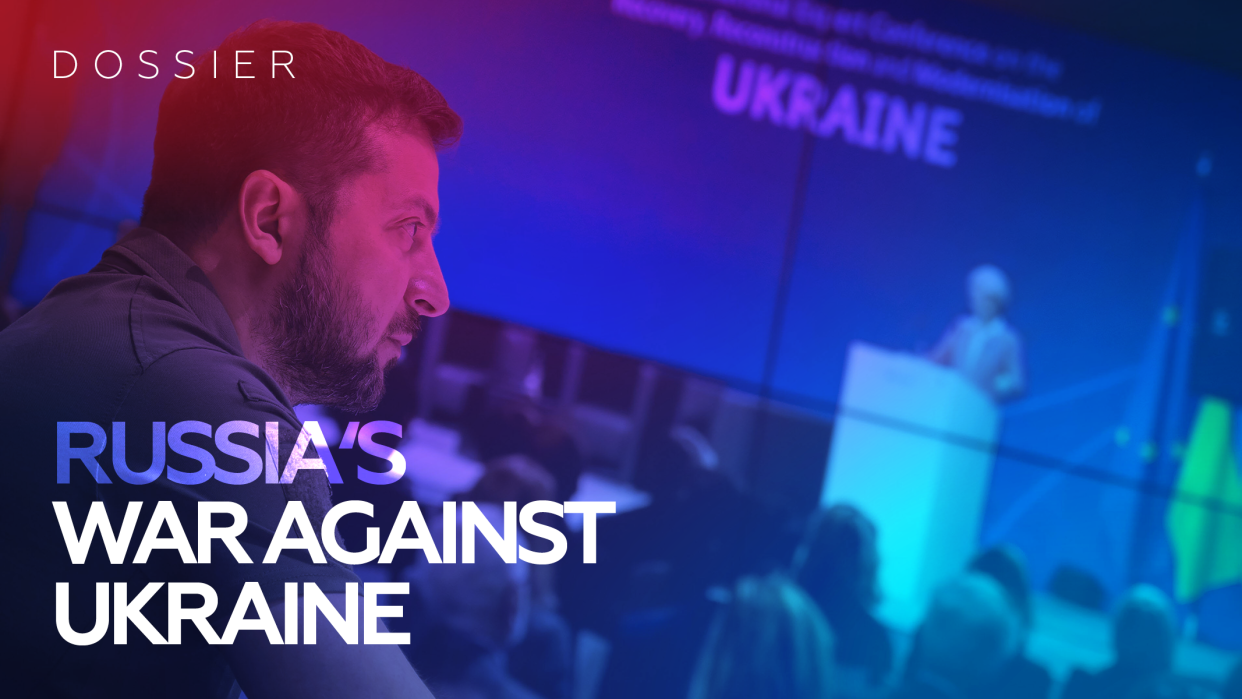Safeguarding International Climate Protection Against the Trump Agenda
International climate protection is in trouble. A second Trump presidency will derail US climate leadership, leading to a withdrawal from the Paris Agreement and reducing international climate finance. Therefore, the EU and Germany must step up, leading by expanding green tech development and strengthening partnerships with key global players. In the US, local and non-state actors could still drive progress, offering a path forward for climate action despite federal setbacks.
Germany Needs to Take the EU’s De-Risking From China More Seriously
With another Trump presidency in the offing, Berlin should accelerate efforts to reduce Europe's economic dependencies on China.
The Future of the Zeitenwende: Scenario 3—Russia Masses Troops on the Latvian Border
NATO must develop a credible deterrent in order to prevent attacks from Russia. In this, Germany has particular responsibility.
Germany Needs a Strategy—Grand and Democratic
German leaders have long been reluctant to discuss, let alone set, grand strategy. Now, with the world in flux and the old ways no longer working, Berlin needs to step up and clearly lay out what it wants—and how it plans to get it.
The Future of the Zeitenwende: Futureproofing German Security Policy
Stubborn stasis. Huge unilateral change. Stubborn stasis. Germany has repeated this pattern for decades, causing gridlock in Europe. Now it is in danger of repeating it yet again.
The EU’s New Anti-Coercion Instrument Will Be a Success if It Isn’t Used
For the first time, the EU has made a nexus between trade policy, which is the European Commission’s domain, and security policy, which still largely rests with the member states. Its Anti-Coercion Instrument is a deterrence tool.
New in our Media Center
COP29: Results, Impressions, and Recommendations
In the wake of COP29 – the 29th Conference of the Parties of United Nations Framework Convention on Climate Change (UNFCCC) held in Baku, Azerbaijan, from November 11 to 22 – our panel looks at the results, impressions, and recommendations that our panelists are taking away from this summit.


